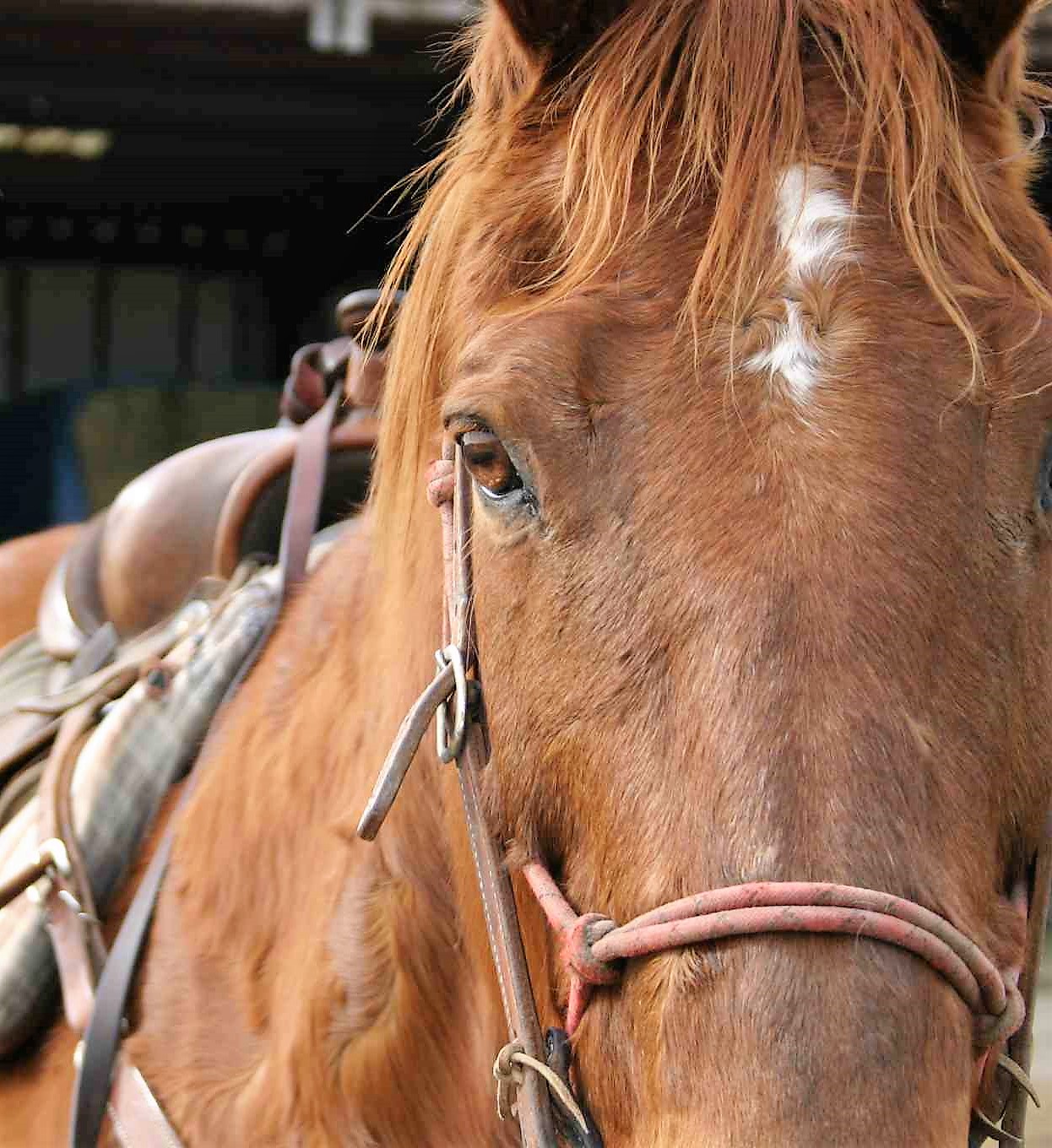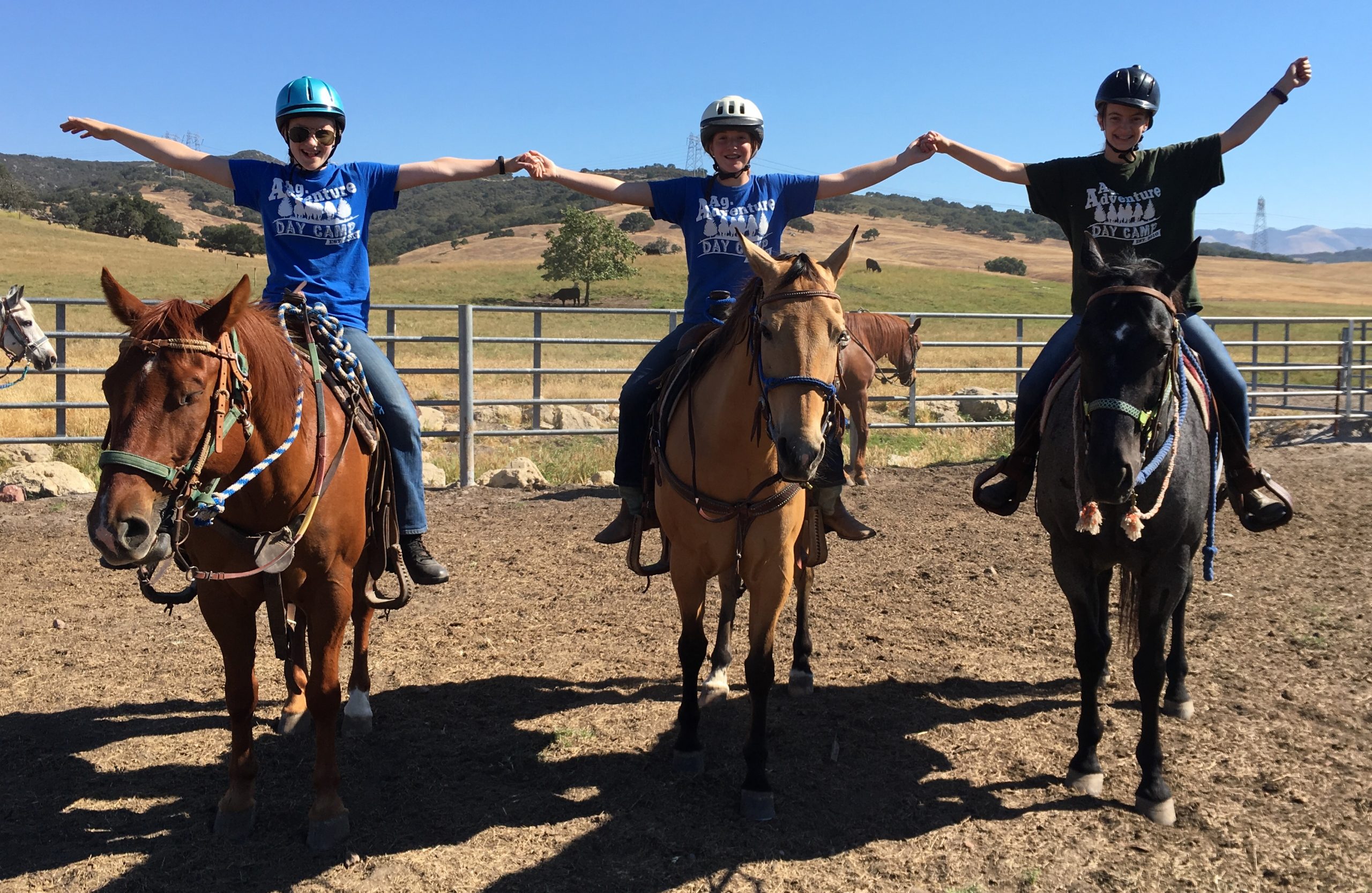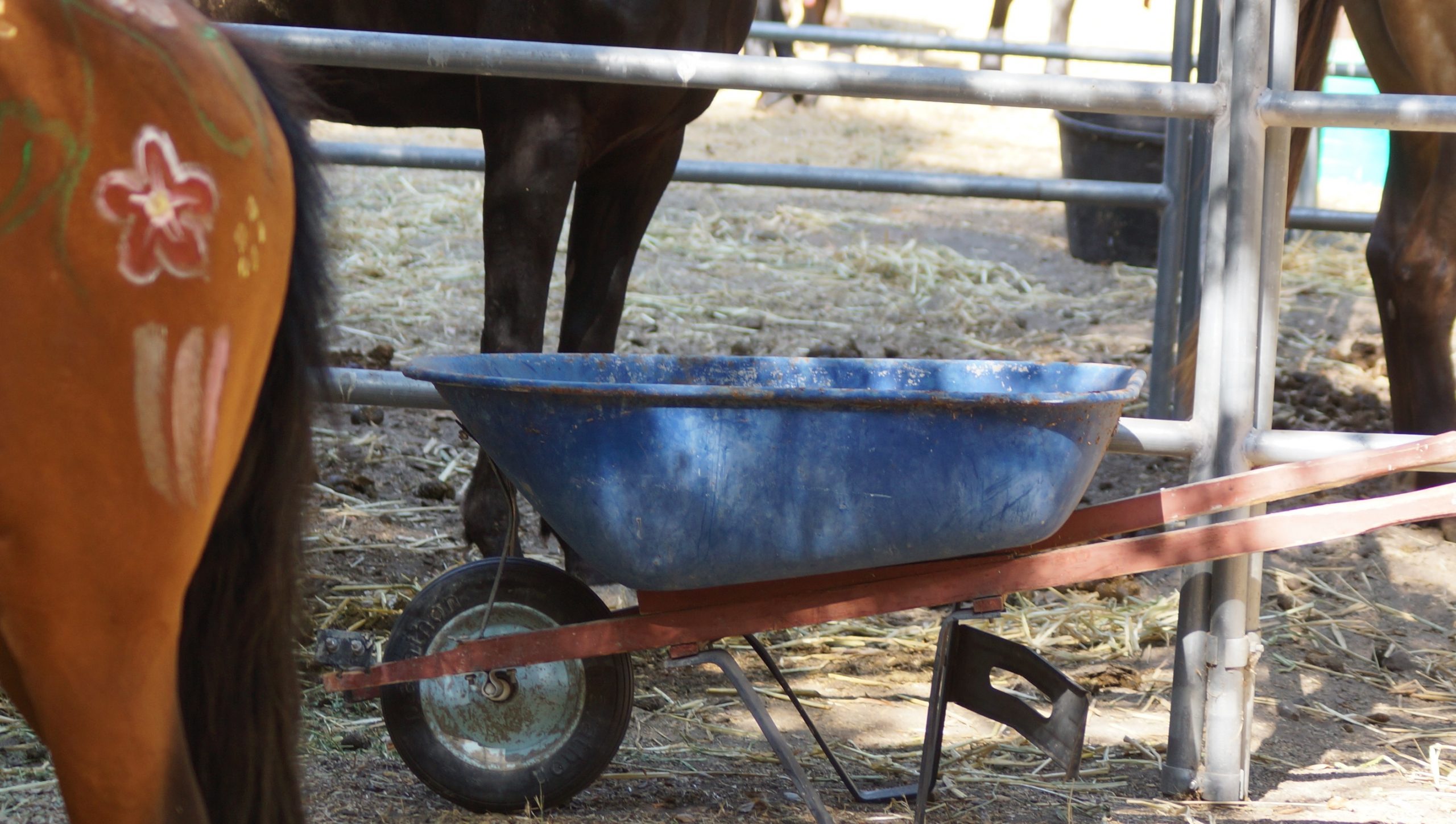“Horses help us discover hidden parts of ourselves. They cause us to become better people, better parents, better partners, and better friends. They teach us that when we’re not getting what we want, we’re the ones who need to change; either what we’re doing or who we’re being. A horse can be your greatest teacher, for as you will see, a horse has no ego, he never lies, and he’s never wrong. It is this amazing power of horses to heal our emotional wounds and teach us about ourselves that I now share with you.”
Tim Hayes finishes his introduction to Riding Home : The Power of Horses to Heal with the above statement.
Most of us with non-horsey friends and family understand the all too common inability of people to understand or even appreciate our need to be with our horses. We have a hard time describing the connection and the impact our horses have on our lives to people who do not know this connection themselves. Yet, much has been learned about the power of horses to heal and impact human lives, especially those in need of being rescued; those who may have never interacted with a horse before. Riding Home speaks of this uncanny and powerful connection.
Hayes articulates his points through first-hand accounts of people changed by horses through a variety of therapeutic applications. He witnesses the abrupt change a wild horse made on a wild man – a man who had been living his whole life in fear. He follows the progress of a woman with PTSD at Horses for Heroes who actually experiences trust and acceptance from a horse similar in personality to herself. Hayes interviews a mom who is raising an autistic child, a disorder that is actually a collection of anti-social behaviors, and gives us the “ah-ha” moments for that child through equine therapy. Thus showing how interactions with horses make a profound impact on autistic children and become the “medicine” needed to improve. In addition, Tim describes his own journey with horses and unfolds the unique discoveries that have shaped him into the person he is today.
This book is written for both the non-horse person as well as the experienced horseman or woman alike. Sometimes, for the experienced equestrian, it may seem as though Hayes belabors some points, or goes into unnecessary detail. However, this is what makes the information palatable to both camps. And as an experienced horsewoman, there are many thoughts and quotes that keep ringing in my mind; I find they now influence my own perspectives. Here are two of my favorite quotes:
No perfect partners human or equine –
“The moment one accepts the nonexistence of perfection, acceptance, tolerance, patience, forgiveness, understanding, and compassion become possible for oneself, for others, for all humans, for all horses. Is not the acceptance of imperfection a cornerstone of realistic healthy love?”
Horse training success –
“Even though they had different styles, all of these trainers had the same message: using respect, trust, understanding, compassion and positive communication, not force, was the only way to create a truly positive working relationship, whether with a horse or a human.”
Hayes shows us that we all have something to learn from horses; something that we can incorporate into our own lives to influence the way that we see the world. He illustrates how even if we don’t know it, many of us could use a little “rescuing”. This is a powerful epiphany, and it allows us to perceive the world in a completely different light. Sometimes all that it takes is a natural interaction with a completely non-judgmental creature to change a life forever.
Riding Home : The Power of Horses to Heal is written by Tim Hayes with a foreword by Robert Redford. It is published by St. Martin’s Press and copyright 2015.





